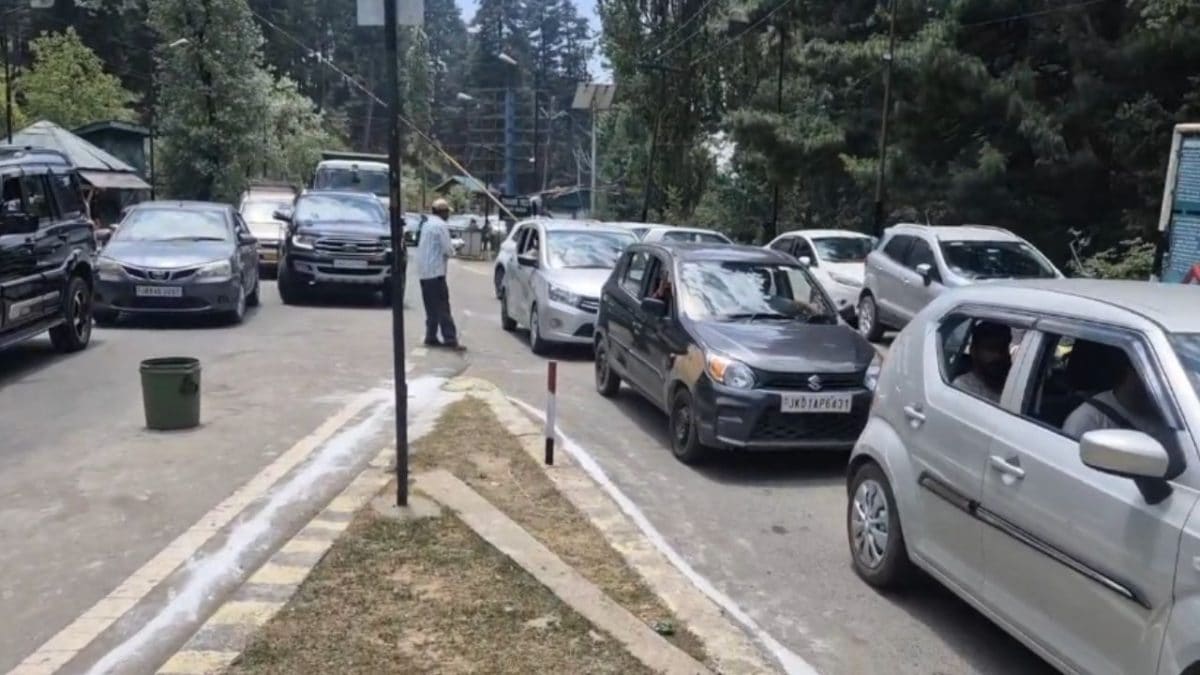

Pahalgam, a jewel in the crown of Jammu and Kashmir's tourism sector, is once again bustling with activity after a period of relative quiet. Following the reopening of several tourist destinations, including those in and around Pahalgam, the region is experiencing a significant influx of visitors, signaling a promising resurgence for the local economy and the spirit of the valley.
The reopening comes after a period of heightened security concerns, which led to the temporary closure of several tourist spots in the aftermath of the terror attack on April 22, 2025. As a precautionary measure, authorities closed 48 tourist destinations of the 87 in the Kashmir Valley, prioritizing the safety and well-being of visitors and residents alike. This decision, while necessary, had a considerable impact on the tourism sector, which is a vital source of income and employment for many in the region.
Recognizing the importance of tourism to the local economy and the morale of the community, the Jammu and Kashmir administration, led by Lieutenant Governor Manoj Sinha, has been working diligently to restore confidence and revive the industry. After thorough security assessments and consultations with various stakeholders, including civil and police officials, tour operators, and local representatives, a phased reopening of tourist destinations was announced.
The initial phase includes the reopening of 16 destinations across Jammu and Kashmir, with eight of these located in the Kashmir Valley. In addition to Betab Valley, parks in the Pahalgam market are open to visitors. Srinagar's Badamwari Park, Duck Park, and Taqdeer Park have also been reopened. The Lieutenant Governor has assured that restrictions on other tourist spots will be lifted after thorough security assessments. Divisional commissioners and IGs will coordinate with district officials and the tourism department to identify more locations for reopening.
The reopening of these destinations has been met with enthusiasm by both tourists and locals. Hoteliers, shopkeepers, pony operators, and other service providers are gearing up to welcome visitors and provide them with a memorable experience. The increased footfall is expected to provide a much-needed boost to the local economy, which has been affected by the earlier closures. Mushtaq Pahalgami, who heads the hotel Union in Pahalgam, noted that there has been an increase in tourists visiting the resort, with more tourists coming from Haryana, Punjab and southern states and many locals from J&K.
In addition to the reopening of tourist destinations, the administration is taking several other steps to promote tourism in Jammu and Kashmir. These include organizing school and college excursions, hosting conferences and events, and inviting parliamentary delegations and official tours to the region. The recent launch of the Katra-Srinagar Vande Bharat train service is also expected to boost tourism by improving connectivity and reducing travel time. The Lieutenant Governor noted that tickets for the train have been fully booked for the next 10-12 days, reflecting the growing interest in visiting the region.
The successful conduct of the annual Amarnath Yatra is also seen as crucial for restoring confidence and attracting tourists to Kashmir. The Lieutenant Governor has appealed to citizens to play their part in ensuring that the pilgrimage proceeds peacefully, emphasizing that its success will uplift the economy and tourism sector.
While the reopening of tourist destinations and the various promotional efforts are positive signs, challenges remain. Security concerns persist, and it is essential to maintain a vigilant approach to ensure the safety of visitors. The tourism industry also needs to adapt to changing traveler preferences and offer diverse and sustainable tourism products that cater to different interests and budgets.
The massive rush of tourists in Pahalgam following the reopening of tourist destinations is a testament to the enduring appeal of Jammu and Kashmir as a tourism destination. With continued efforts to promote safety, improve infrastructure, and offer quality experiences, the region is well-positioned to reclaim its status as a leading tourism hub and contribute to the prosperity and well-being of its people.